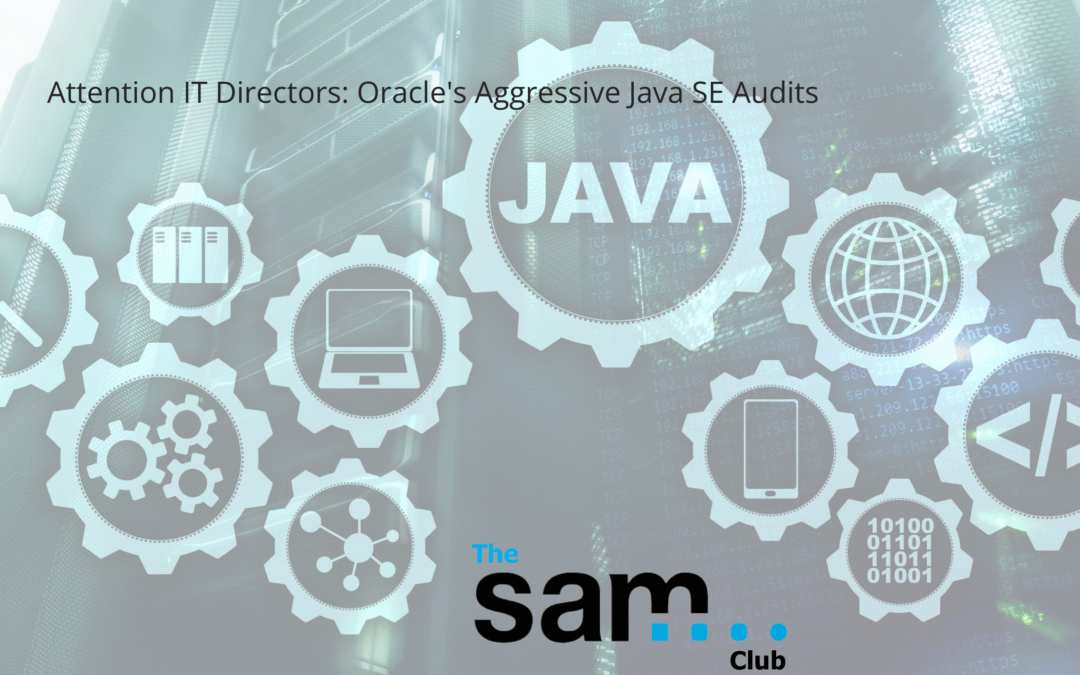Since 2023, Oracle has intensified its audit activities for Java SE, particularly after shifting to an employee-based subscription model. This change requires customers to license all internal and external employees, even if only one licensable version of Oracle Java is deployed, potentially leading to significant cost increases.
Oracle’s License Management Services (LMS) team has been actively conducting both formal and “soft” audits, often initiated through seemingly friendly emails or calls. If these communications feel like an audit, they likely are.
If you use third-party or in-house apps that depend on Java, ensure compliance. In 90% of cases, vendors do not distribute their apps with Java licensing. If they do, they must have a redistribution agreement with Oracle, which needs to be verified.
When someone in your organisation downloads Oracle Java, the information is sent to Java Account Managers, who then investigate the number of employees to determine the opportunity size.
Why is this important? These audits aim to identify unlicensed use and ensure compliance with the new licensing model. The financial impact of non-compliance can be substantial. For example, an organisation with 1,000 employees could face costs of USD 144,000 annually for Java SE. Oracle may require a 5-year agreement to resolve alleged historical use, totaling USD 720,000 (approximately £525,000).
It’s crucial to identify potential Java SE licenses within your organisation and determine their licensability.
At The SAM Club, we recommend using Lansweeper with Licenseware. Lansweeper offers numerous benefits, including hardware and vulnerability management, while Licenseware provides analysis for any Java SE installations found.
Contact us at info@thesamclub.co.uk to learn more about our managed software asset service with Lansweeper and Licenseware and how we can help you identify non-compliance and save money.

